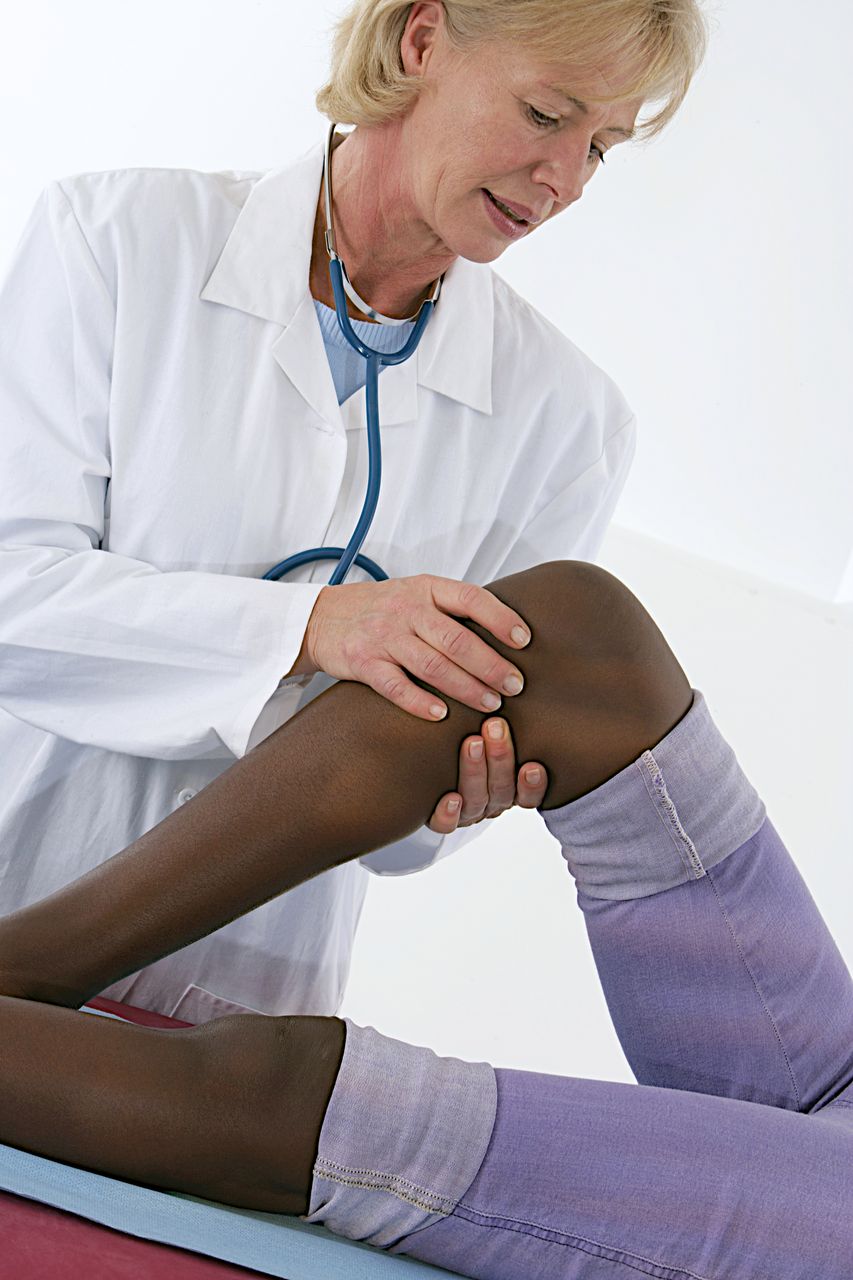March 4th, 2016
Get Help for Knee Arthritis in Philadelphia

Chronic knee pain can be debilitating, and routine activities may feel challenging. If you are pursuing treatment, you will find there are different types of knee arthritis, including: osteoarthritis, rheumatoid arthritis, and posttraumatic arthritis. When arthritis takes hold, the normal joint space decreases between the femur and the tibia leg bones and the cushioning meniscus and articular cartilage are compromised. Osteoarthritis, the degenerative “wear-and-tear” arthritis, is so common that the American Academy of Orthopaedic Surgeons reported that nationally nearly half of adults develop knee osteoarthritis throughout their lifetime. Patients with knee arthritis in Philadelphia can find the resources they need at Rothman Orthopaedic Institute.
Seek an Evaluation
A doctor’s evaluation will consist of a review of your medical history, current symptoms, a physical examination, andx-rays.The purpose of the screening is to give the doctor a comprehensive picture of the severity of the damage to the cartilage, tissue, synovial membrane, or bones. Some of the indicators of arthritis include:
A grating feeling prompting by knee activity
Inability to handle weight or pressure on the knee
Difficulties when walking
Signs that the surrounding muscles, tendons, and ligaments may be injured
Pain in joints in other parts of the body
Knee swelling
Redness
Warmth in the joint region
A feeling of instability at the joint
A tenderness or aching above the knee
Inability to move the knee in the full range of motion in both passive and active exercises
Early diagnosis is possible, and it is important to consult your doctor if you are feeling any knee joint stiffness, increased swelling in the morning of after rest, after intense activity, or during rainy weather. Any unusual noises such as creaking, snapping, or grinding may also be a cause for concern.
Commit to your treatment plan
Rothman Orthopaedic Institute physicians are equipped to prepare a customized treatment plan based on the disease condition and preferences of each patient. A realistic first step may include a variety of conservative methods such as lifestyle modifications, physical therapy, assistive devices, and possibly medication. Other procedures may be considered if applicable, such as arthroscopy, cartilage grafting, synovectomy, osteotomy, or a total or partial knee replacement. Rothman Orthopaedic Institute recommends pursuing the tools and resources they offer to patients with knee arthritis in Philadelphia.
For more information, contact Rothman Orthopaedic Institute at 1-800-321-9999.


